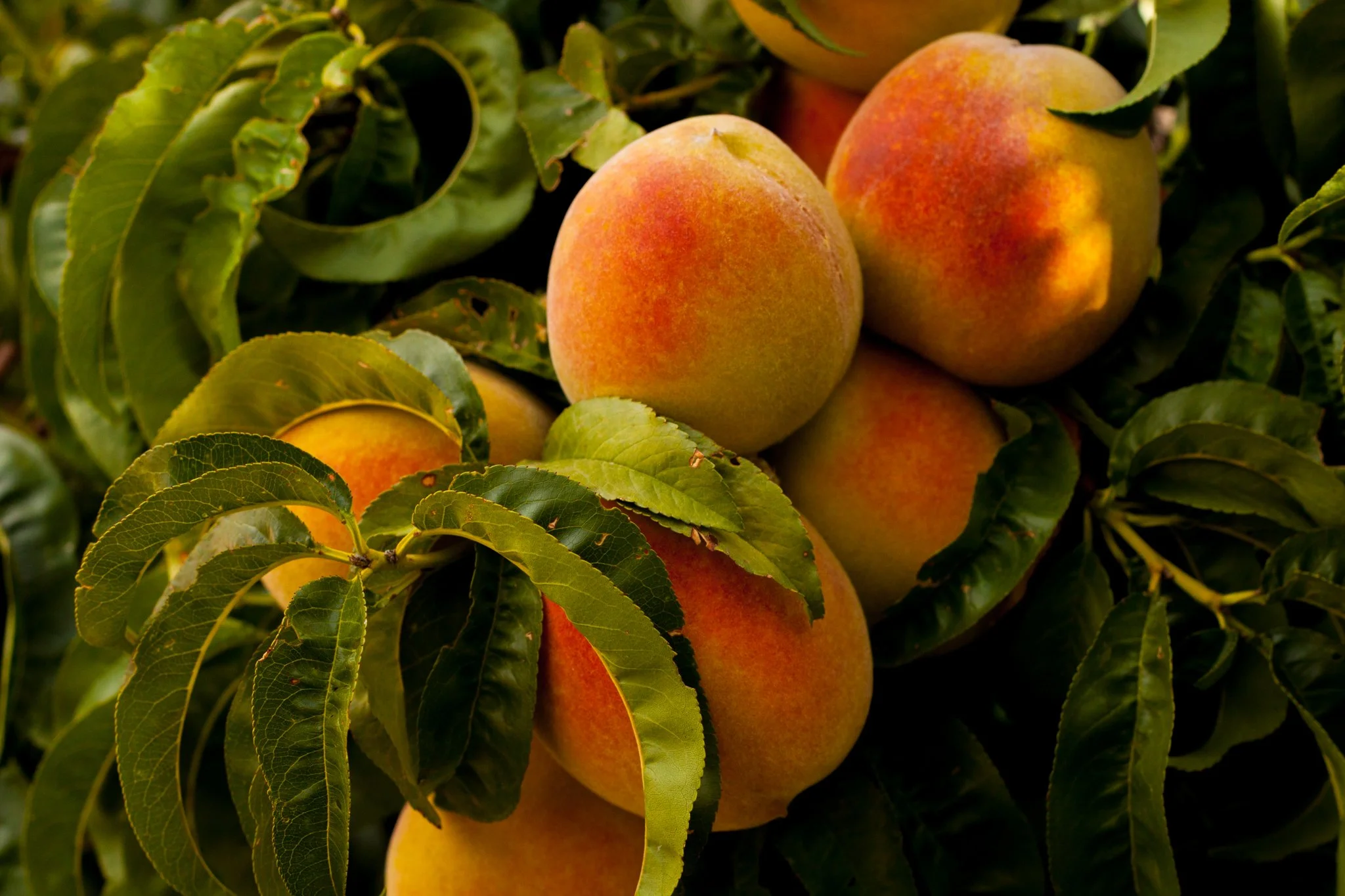by Michael Kleber-Diggs

M grows peaches in her Saint Paul yard. / We have new fruit up here now: / black cherry, chokecherry, pear. / Our plant hardiness zone was three, / now it’s four—a matter of degrees, / a difference measurable in fruit. We are losing / paper birch which is sad. We have murder / hornets and snownadoes and the Siberian permafrost / is melting, and all of it is sad. We joke about it, / M and I. Around the time the fruit is ripe, / I send her a note by Messenger. I say “you’re such a peach,” / and she pretends my compliment is pure and good. / We both know my kindness is / a modern kindness; my kindness is transactional. / M brings me a few peaches even though I haven’t / done anything to deserve them. I haven’t / even asked her properly. I offer, in fact, no consideration, / just the perennial joke. M shares with me anyway because, I mean, / she really is a peach, and the peaches she grows are quite delicious. / You watch, Minnesota will be famous / for peaches, and Georgia will be famous for something else— / like beaches. M’s peaches are small and shy. / They hold a subtle sweet charm, soft like nostalgia. / Sometimes when I eat them, I’m transported back / to when it was possible for me to hold onto the idea / that not everything about our current catastrophe / is catastrophic, when I hadn’t even heard / about our catastrophe. Transported, like that summer / a couple of years ago—The Sicknesses Summer— / when we set aside all non-essential business, / when the country became a ghost of itself, and how, within weeks / the city smelled like—like air again. Fox and deer / and coyotes pranced around our busiest roads. / Birds let you get real close. And I loved those days. / I loved those days before I realized our best defense against plagues is / selflessness—which means, I mean, we’re probably doomed. / But how neat it was to claim a little respite back then— / those brief sweet weeks before the blue killings resumed, before / the set fires—the National Guard patrolling up / and down avenues, before those Canadian fires the following summer, / the perennial fires out west and the smoke, / the smoke, before all the smoke—smoke everywhere / all the time, so pervasive you can’t pretend it away, / sinking under the skin, / coloring everything all wrong, getting into the meat—the pits.

Michael Kleber-Diggs is the author of Worldly Things, which was awarded the 2020 Max Ritvo Poetry Prize. He was born and raised in Kansas and now lives in St. Paul, Minnesota. His work has appeared in Lit Hub, the Rumpus, Rain Taxi, McSweeney’s Internet Tendency, Water~Stone Review, Midway Review, North Dakota Quarterly and a few anthologies. Michael teaches poetry and creative non-fiction through the Minnesota Prison Writers Workshop.

